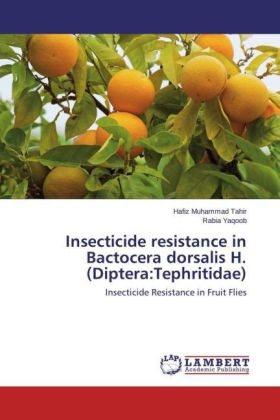Read more
Insecticide resistance is a common phenomenon among insects all over the world. Insects have different mechanisms to avoid toxic effects of insecticides. Metabolic resistance is of one of the common mechanisms among insects. This manuscript highlight the role of insecticide detoxifying enzymes (ie., Esterases, Glutathion S-transferases and Monooxygenases) in developing resistance in insects. Fruit fly, Bactocera dorsalis, was used a a model organism. It was concluded from the study that resistance development is a complex process, no single mechanism can explain this phenomenon alone. So there is need for further studies to take other mechanisms into account, in order to describe the mechanism of insecticide resistance in Bactrocera dorsalis, comprehensively.
About the author
Dr. Hafiz Muhammad Tahir is working as Assistant Professor in the Department of Zoology, University of Sargodha, Pakistan since 2010. Dr. Tahir received his Ph.D degree from University of the Punjab, Lahore and Post Doctorate from American Museum of Natural History, New York, USA. He has published over 75 research articles in well reputed journals.

